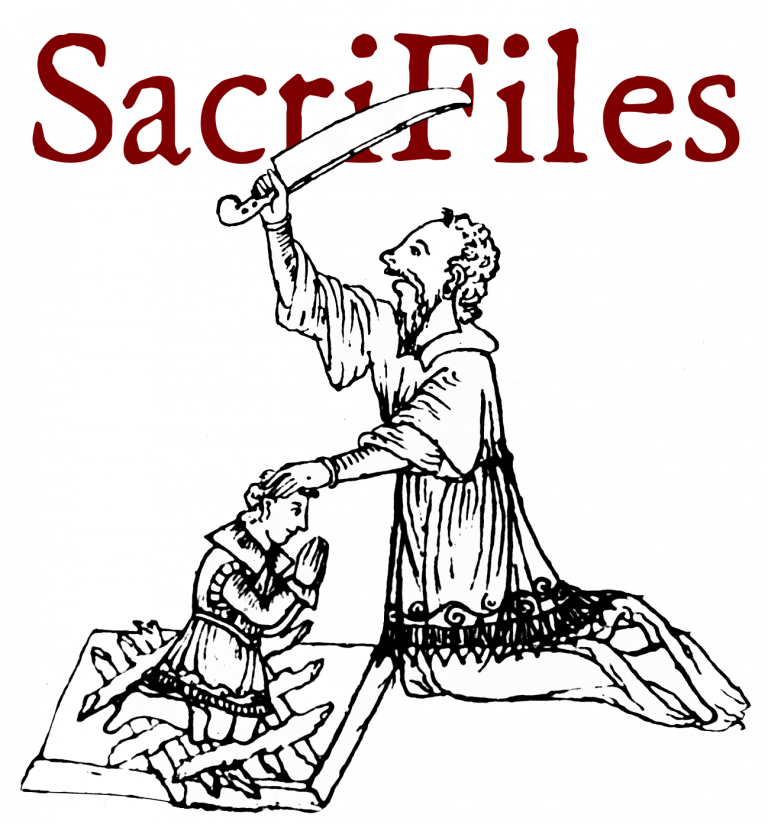An answer to the Bishop of Oxford's reasons for abrogating the test impos'd on all members of Parliament anno 1678, Octob. 30 in these words, I, A.B., do solemnly and sincerely, in the presence of God, profess, testifie, and declare, that I do believe that in the sacrament of the Lord's Supper there is not any transubstantiation of the elements of bread and wine into the body and blood of Christ, at, or after the consecration thereof by any person whatsoever, and that the invocation of adoration of the Virgin Mary, or any other saint, and the sacrifice of the Dais, as they are now used in the Church of Rome, are superstitious and idolatrous
An answer to the Bishop of Oxford's reasons for abrogating the test impos'd on all members of Parliament anno 1678, Octob. 30 in these words, I, A.B., do solemnly and sincerely, in the presence of God, profess, testifie, and declare, that I do believe that in the sacrament of the Lord's Supper there is not any transubstantiation of the elements of bread and wine into the body and blood of Christ, at, or after the consecration thereof by any person whatsoever, and that the invocation of adoration of the Virgin Mary, or any other saint, and the sacrifice of the Dais, as they are now used in the Church of Rome, are superstitious and idolatrous
Related Documents:
De Sacrificiis libri duo; quorum altero explicantur omnia Judaeorum, nonnulla Gentium Profanarum Sacrificia altero Sacrificium Christi. Utroque Ecclesiae Catholicae his de rebus Sententia contra Faustum Socinum, ejusque sectatores defenditur
London: Richard Chiswell, 1677.
A vindication of the right reverend the Ld. Bishop of Norwich: from the undeserved reflections of Mr. John Johnson, in his book The unbloody sacrifice and altar unvailed and supported
London: John Morphew, 1714.
The christian sacrifice explained: in a charge delivered in part to the Middlesex clergy at St. Clement-Danes, April the 20th, 1738. To which is added an appendix
London: [William] Innys ; [Richard] Manby, 1738.
Disputatio de aquae transmutatione in sacrificio missa
Antwerp : Martinus Nutius, 1628.
